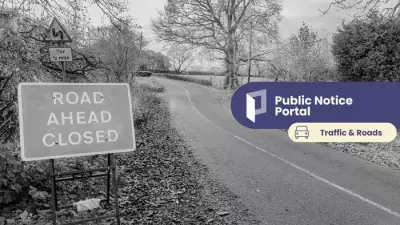
The Welsh Government has laid out its financial blueprint for the coming year, publishing a £2.7bn draft budget that aims to shield essential services from the worst of ongoing economic pressures.
Finance Minister Rebecca Evans presented the spending plans to the Senedd, emphasising the government's commitment to protecting frontline services despite what she described as the 'most challenging financial situation since devolution'.
Where the money is going
The draft budget reveals significant allocations across key sectors:
- Local Government: Core revenue funding will increase by 3.1%, providing much-needed stability for council services
- NHS Wales: Health and social services receive a 4.1% boost to address growing demands
- Education: A substantial £450m capital investment in the twenty-first century schools programme
Protecting the most vulnerable
Minister Evans stressed that the budget reflects the government's values, with targeted support for those most affected by the cost-of-living crisis. The plans include maintaining the poorest households' council tax reduction scheme and continuing support for discretionary assistance funds.
'This budget comes against a backdrop of a worsening financial situation,' Evans told MSs. 'We've had to make difficult choices to prioritise the services that matter most to people across Wales.'
Long-term challenges
Despite the increased funding, the Minister acknowledged that public services continue to face significant pressures. The settlement represents a real-terms increase for local government but falls short of what many council leaders had hoped for given inflation and rising demand.
The draft budget now enters a period of scrutiny, with opposition parties and stakeholders expected to push for changes before the final budget is approved in March.





